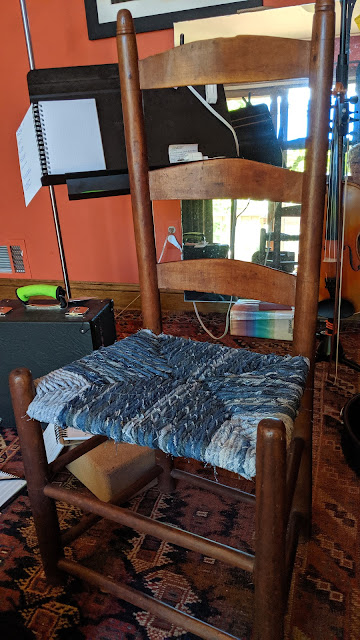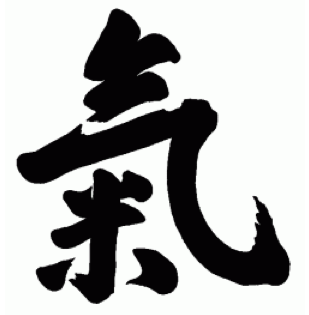Maintaining Beginner's Mind
We can all benefit by practicing with an open mind. This idea can apply to martial arts practice, other internal arts such as tai chi or yoga, or even music, art, or computer programming.
Zen Buddhists talk about retaining "beginner’s mind." The problem is, when we come to have even a little experience, we tend to rest in the belief that we "know something." This mindset is a big obstacle to growth. When we think of ourselves as teachers, it’s hard to keep our minds open to learning something new. Our thinking becomes rigid. Trying to keep this “beginner’s mind” becomes even more difficult as we gain experience, becoming black belts and having teaching roles. We want to be seen as knowledgeable and worthy of respect. It feels more comfortable to be the one who knows, rather than the one who is learning.
But a rigid mind is more than an obstacle to learning: it can be dangerous in a self-defense situation. In a situation that may affect our safety, or the safety of our family, we need to stay sensitive to the most subtle changes in the situation. When we rely on what we think we know, it is impossible to be responsive to what is really happening. This is not a good thing when you are under attack!
One of the most wonderful things about Maruyama Sensei is that he keeps this open mind. Even at his advanced level of mastery, he is always testing himself to make sure that Kokikai techniques work in real situations, adding nuances and new ideas, and even tossing techniques out of the curriculum. He knows that in real-life self-defense you can’t rely on something just because it has worked in the past. Likewise, all of Sensei’s most senior students are constantly learning, from everyone they work with and from every experience they have.
If you want to practice "beginner’s mind," begin by learning to recognize when you are thinking about how much you know. If you already have an opinion about something, try changing your mind to focus on what you can learn. When you see something you don’t agree with, by all means use critical judgement, but then try suspending it! Allow for the possibility of a new idea. Try looking at things a whole new way. And last but not least, think twice (or three times), before you tell others what to do. Concentrate instead on what you need to learn.
--
This post is part of a series that was originally published as an article about Kokikai Aikido. Here's the first post.
Zen Buddhists talk about retaining "beginner’s mind." The problem is, when we come to have even a little experience, we tend to rest in the belief that we "know something." This mindset is a big obstacle to growth. When we think of ourselves as teachers, it’s hard to keep our minds open to learning something new. Our thinking becomes rigid. Trying to keep this “beginner’s mind” becomes even more difficult as we gain experience, becoming black belts and having teaching roles. We want to be seen as knowledgeable and worthy of respect. It feels more comfortable to be the one who knows, rather than the one who is learning.
But a rigid mind is more than an obstacle to learning: it can be dangerous in a self-defense situation. In a situation that may affect our safety, or the safety of our family, we need to stay sensitive to the most subtle changes in the situation. When we rely on what we think we know, it is impossible to be responsive to what is really happening. This is not a good thing when you are under attack!
One of the most wonderful things about Maruyama Sensei is that he keeps this open mind. Even at his advanced level of mastery, he is always testing himself to make sure that Kokikai techniques work in real situations, adding nuances and new ideas, and even tossing techniques out of the curriculum. He knows that in real-life self-defense you can’t rely on something just because it has worked in the past. Likewise, all of Sensei’s most senior students are constantly learning, from everyone they work with and from every experience they have.
If you want to practice "beginner’s mind," begin by learning to recognize when you are thinking about how much you know. If you already have an opinion about something, try changing your mind to focus on what you can learn. When you see something you don’t agree with, by all means use critical judgement, but then try suspending it! Allow for the possibility of a new idea. Try looking at things a whole new way. And last but not least, think twice (or three times), before you tell others what to do. Concentrate instead on what you need to learn.
--
This post is part of a series that was originally published as an article about Kokikai Aikido. Here's the first post.




Comments
Post a Comment